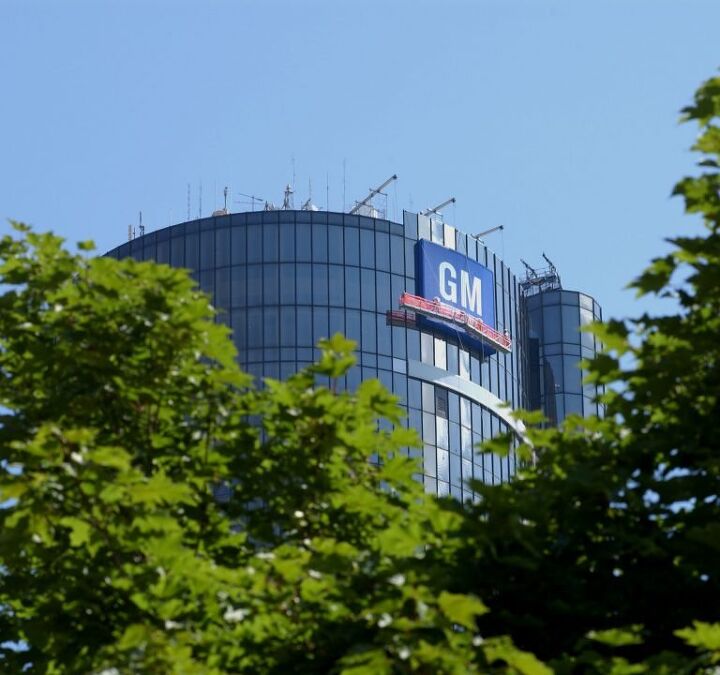General Motors Asks Judge to Dismiss UAW Case

General Motors’ legal team has requested that the lawsuit filed by the United Automobile Workers, which claims that its decision to idle factories is in violation of an existing union agreement, be dismissed by a federal judge. The UAW alleges that GM sidestepped the collective bargaining agreement established in 2015 by closing plants prematurely. But the automaker has been careful to say that the facilities are being “unallocated,” claiming the union failed to adhere to the grievance arbitration procedure outlined in its contract — which forbids UAW from going to court until all other avenues have been exhausted.
The request came with a bundle of other motions, filed on March 21st, and included a request to transfer the case from Youngstown, Ohio (where the contentious Lordstown Assembly is located) to the eastern district of Michigan.
The motion claims the move would be for the “convenience of the parties, witnesses, and in the interest of justice.” Firstly, both GM and the UAW are headquartered there. But General Motors is also concerned it might not get a fair shake so close to Lordstown. “The mere presence of one of these facilities in the judicial district (Northern District of Ohio) is insufficient for venue to properly lie here,” the motion states.
The UAW sued GM in February over a breach the contract claim. It was attempting to stop the company from shuttering its assembly plant in Lordstown — along with transmission plants in White Marsh, Maryland, and Warren, Michigan.
According to The Detroit News, the GM motion says two grievances over plant idling are technically still pending. Obviously, the UAW doesn’t see things in the same manner.
[Image: General Motors]

A staunch consumer advocate tracking industry trends and regulation. Before joining TTAC, Matt spent a decade working for marketing and research firms based in NYC. Clients included several of the world’s largest automakers, global tire brands, and aftermarket part suppliers. Dissatisfied with the corporate world and resentful of having to wear suits everyday, he pivoted to writing about cars. Since then, that man has become an ardent supporter of the right-to-repair movement, been interviewed on the auto industry by national radio broadcasts, driven more rental cars than anyone ever should, participated in amateur rallying events, and received the requisite minimum training as sanctioned by the SCCA. Handy with a wrench, Matt grew up surrounded by Detroit auto workers and managed to get a pizza delivery job before he was legally eligible. He later found himself driving box trucks through Manhattan, guaranteeing future sympathy for actual truckers. He continues to conduct research pertaining to the automotive sector as an independent contractor and has since moved back to his native Michigan, closer to where the cars are born. A contrarian, Matt claims to prefer understeer — stating that front and all-wheel drive vehicles cater best to his driving style.
More by Matt Posky


































Comments
Join the conversation
Strike! GM hates America.
UAW members ought to be ashamed of this tactic.... “We didn’t discontinue the Cruze because of something the local union did or didn’t do,” Flores wrote. “It was a market-driven decision to discontinue the Cruze, and there were no products to allocate to Lordstown.”